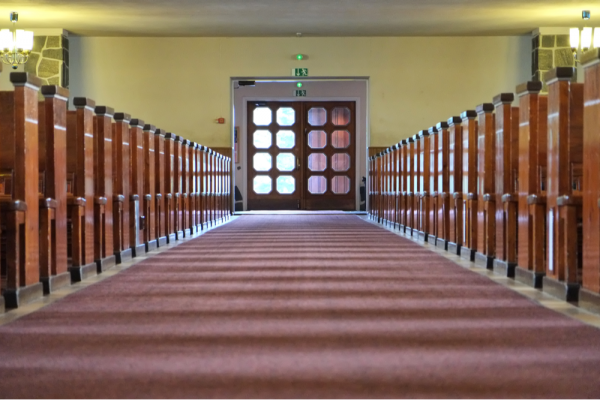Apr 8, 2021
I believe the church is a critical and indispensable — though not exclusive — vehicle for sharing the good news and advancing God’s beloved community here on Earth. But last week, Gallup caused a stir when it released new research on the trends in Americans’ membership in houses of worship, which fell below 50 percent for the first time in the 80 years.
Read the Full Article

Already a subscriber? Login
